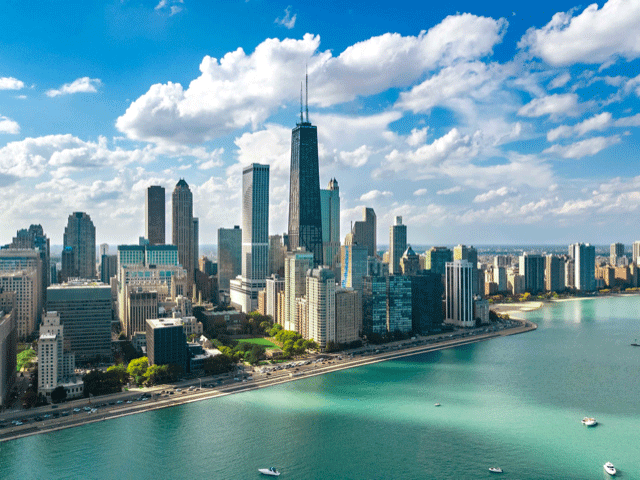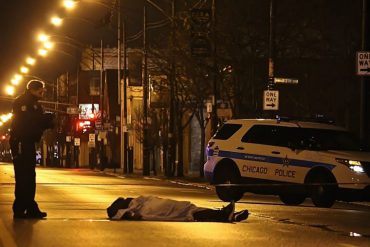by Dr. Jonelle Knox, Associate Higher Education Officer and Adjunct Professor
As a 46-year-old Black man, born and raised in Chicago, I have to ask….What’s going on?
Chicago is world-known for several reasons. Barack Obama, the Illinois State Jr. Senator who went on to become the first Black President of the United States. Its beautiful landmarks – the lakefront, Willis Tower (it will always be the Sears Tower to me), and Buckingham Fountain. It’s delicious food – Harold’s Chicken, Giordano’s Pizza, Maxwell Street Polish. Its contribution to advancing Black families who migrated north after being historically enslaved by Whites, providing educational, housing, and career opportunities. In fact, in the 1950s, ’60s, and ’70s, Black Chicagoans displayed that they were “Keeping Hope Alive”.
When I think about growing up in Chicago, I often focus on growing up in the Washington Heights neighborhood, where a village raised me. The village, inclusive of my Grandparents, was a result of being born to teenage parents who later indulged in negative vices. Although a good kid, my neighbors were my extended family who celebrated my accomplishments and provided discipline. I reflect on working at Carson Pirie Scott on State street at the age of 15, attending Morgan Park High School (one of the best times of my life), and graduating from Harold Washington College and Chicago State University. I wouldn’t change much in my childhood as Chicago helped develop the proud Black man I am today!
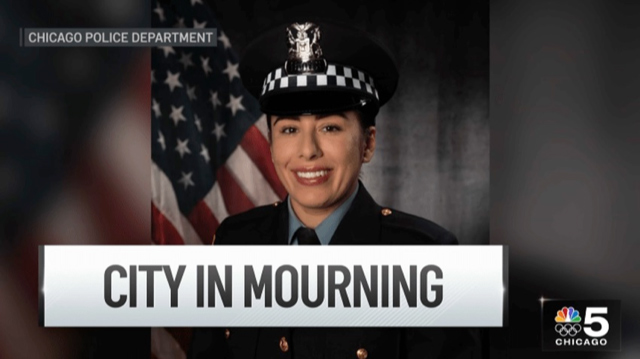
With as many great things that I can think of when reflecting on Chicago, today, I am terrified every time I return home to my beautiful city. I am frightened for my family and friends who remain in the city. I have spent nearly the last year residing in my Chicago home located in the Rosemoor section of Chicago, taking care of my 92-year-old Granny.
The days of sitting on my porch, driving in the alley after dark, and just being able to enjoy my hometown’s beauty are long gone. If it’s not disobedient young adults raiding and acting disorderly in our beautiful downtown area, it’s waking up to the news of another shooting on an expressway leaving an unintended victim dead. When did waking up on a Monday morning to hear about a Chicago policewoman Ella French who was shot over the weekend (And her partner continues to fight for his life) and the number of weekend gunshot victims become acceptable and the norm in Chicago?
What’s Going On In Chicago and When Did It Change?
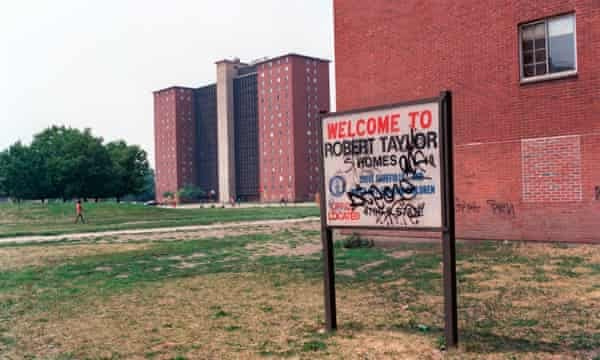
In the 1990s, longtime former Mayor Richard M. Daley decided that it was time for Chicago to demolish 40–50-year-old high-rise projects. It was a great idea in thought. The buildings needed overdue repair; boxed residents into blocks of comfort, afraid to venture away for opportunity and growth; was home to drug infestation (selling and usage) while blinders were on the eyes of the police; and were a place of hopelessness, depression, and lack of growth.
As the decision was made to demolish high-rise projects, little to no effort was made around urban planning and supporting the drastic change residents would face integrating into mature and stable neighborhoods. Although an apartment in the projects may have been leased to one or two individuals, it was the rotating home to several generations. When leaseholders moved out of the project apartments, many took with them several generations (some good and some bad). As the bad went into new neighborhoods, so did guns, drugs, and gang activity. Today, Chicago is dealing with the aftermath, which has resulted in gang warfare, unlawful gun tooting, and drug turf crossings.
Where Do We Go From Here?
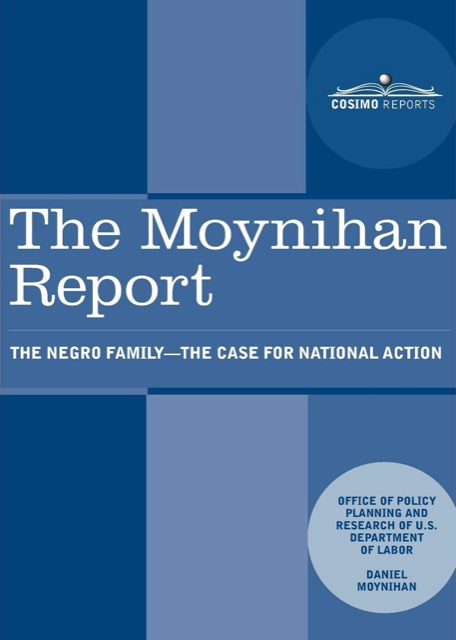
In 1965, Dr. Daniel Moynihan indicated in a report entitled The Moynihan Report: The Negro Family, The Case for National Action, published by the U.S. Department of Labor, “The White family has achieved a high degree of stability and is maintaining that stability. By contrast, the family structure of lower-class Negroes is highly unstable, and in many urban centers is approaching complete breakdown”. When Moynihan made the prediction in 1965, I am sure that Blacks did not expect the impact would have a devastating and destroying effect on generations of Black families.
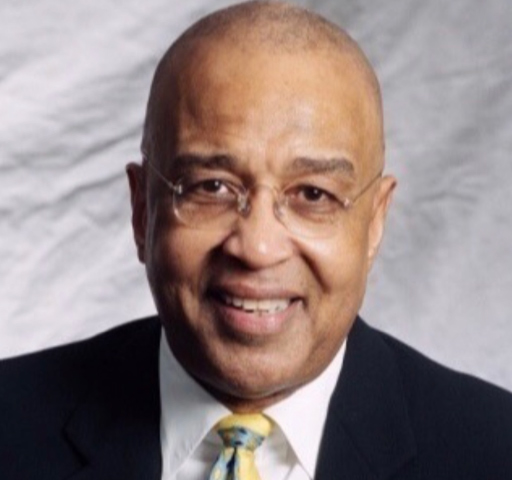
I was blessed and fortunate to be mentored and study under the tutelage of civil rights attorney, the late Lewis Myers Jr.
Attorney Myers spent many years fighting for the advancement of Black Chicagoan’s criminal and civil rights. He also had a deep passion for mentoring Black college educators, attorneys, and an unhidden passion for mentoring Black males. After many years of representing young Black men in the criminal justice system, it was important to him to be a catalyst of change, changing the negative narratives describing Black men. During our many conversations about issues faced by Blacks, particularly Black men, he would often say the answer to fixing mass incarceration and other injustices faced by Black men is getting them educated and “Fixing the Black Family Structure“. His statement has stuck with me for years and made me reflect on how broken many of OUR families are. WE are taught not to express ourselves and to suppress OUR feelings. WE have generations of mental illnesses that are both undiagnosed and untreated. Many of US are not instilling the importance of education, and not displaying healthy personal, professional, and intimate relationships. WE are not exposing OUR children, the next generation, to global and international competition and existence. Now that WE know better, WE must do better.
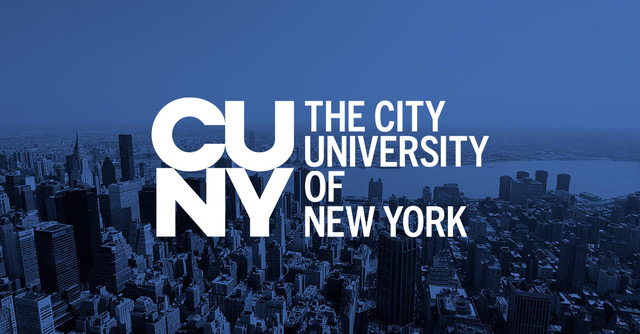
In 2008, I relocated to New York City and began working for The City Universities of New York (CUNY) in 2010. Like City Colleges of Chicago (CCC), the CUNY system is inclusive of community colleges yet also includes pre-college programs and graduate/professional schools. The City of New York annually provides funding to colleges in the CUNY system to operate a Black Male Initiative (BMI) program. The program operates differently on each campus, serving men (and women of color) to help them reach academic success. CUNY recognizes that each campus serves different communities and has tailored programming throughout the district. The mission statement expresses supporting student success, and it also explicitly indicates its mission of supporting Men of Color.
Why is a Black Male Initiative program important for the City of Chicago and specifically in City Colleges of Chicago? I will answer this question using both statistics and sharing success. Unfortunately, nearly every time I turn on the news and hear of a tragedy, another innocent death involving an illegal handgun, or view pictures and videos of illicit behavior in Chicago, the perpetrators are young adults of color, primarily Black men. They are the same Black men whose pants are sagging. They were disobedient and delinquent juveniles visiting a courtroom at 11th and Hamilton. They make up most of the population who have a temporary address of 2600 S. California Ave. They are the same at-risk population of Black men transferred to another temporary address inclusive of Statesville, the Illinois Department of Corrections transfer center. They are the same Black and Brown men who will not have equal and hopeful chances once they are brandished and labeled by a criminal conviction.
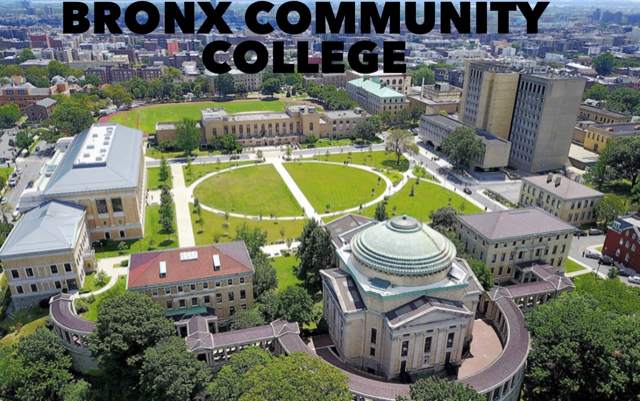
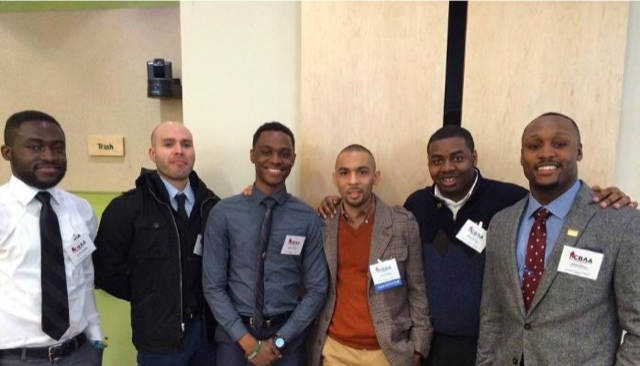
For two years, I led a Black Male Initiative Program at Bronx Community College (BCC), a CUNY College in New York City. Bronx Community College is located within the poorest congressional district in New York State and many students are subjected to both internal and external barriers that prevent their success. However, for two years, more than 200 students enrolled in my BMI program beat odds stacked against them. Data indicates that more than 70% of my BMI program students were still enrolled at the end of their first year of enrollment and nearly 50% of program participants today have earned an associate degree. This success was made with a merely $62,000 annual operational investment by the City of New York. Learning from the success of my program at Bronx Community College, I pose the following question to Mayor Lori Lightfoot and Chicago City Council members: Is Black and Hispanic male success in postsecondary education in Chicago worth an investment at each CCC college?
What’s Going On?
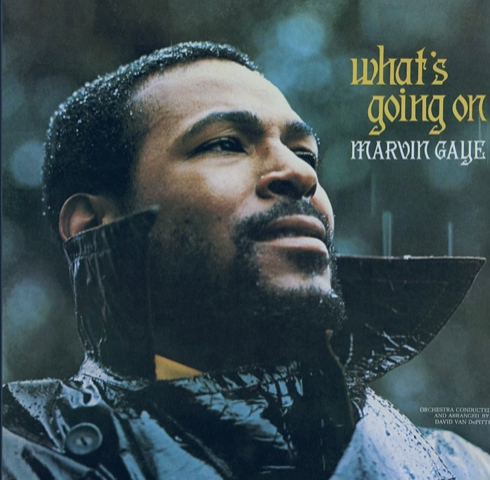
While writing this, I listened closely to the lyrics of What’s Going On recorded by Marvin Gaye in 1971.
At the time, Gaye was speaking out against the Vietnam war indicating that “War was not the answer”. Black Chicagoans, today, WE are fighting a new war. WE are fighting a war on gangs, drugs, and gun violence. Today, WE are fighting a Black-on-Black crime war. When thinking about Chicago today, the following lyrics in Marvin Gaye’s song profoundly stand out and sadly connects to my beautiful, yet troubled hometown:
Mother, motherThere’s too many of you cryingBrother, brother, brotherThere’s far too many of you dyingYou know we’ve got to find a wayTo bring some lovin’ here today, yeahFather, fatherWe don’t need to escalateYou see, war is not the answerFor only love can conquer hateYou know we’ve got to find a wayTo bring some lovin’ here todayOnce again Chicago I ask, “What’s Going On”?
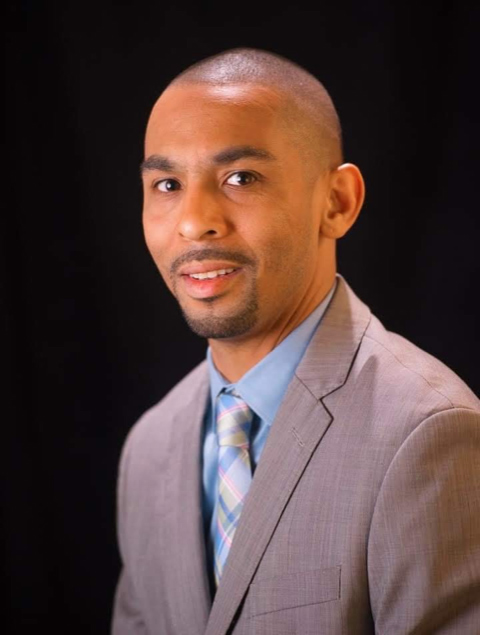
Jonelle Knox, Ed. D. has worked in higher education for more than 15 years. Dr. Knox currently serves as Associate Higher Education officer – Academic Affairs at The College of Staten Island and Adjunct Associate Professor at Bronx Community College. Jonelle previously worked at Westchester Community College as Project Administrator – Chief of Staff to the Provost. Jonelle built and directed the Men of Color Initiative program, part of the Black Male Initiative at BCC, which focuses on assisting minority males to persist and graduate from college. He has previously taught at Medgar Evers College, Westchester Community College, Kennedy King College, and Moraine Valley Community College.
Dr. Knox earned an Associate’s degree in General Studies from Harold Washington College, a Bachelor of Science in Business Administration and a Master’s of Science in Criminal Justice from Chicago State University, a Master’s of Arts in English from Lehman College, and a Doctorate in Education in Higher Education – Community College Leadership from Morgan State University.


